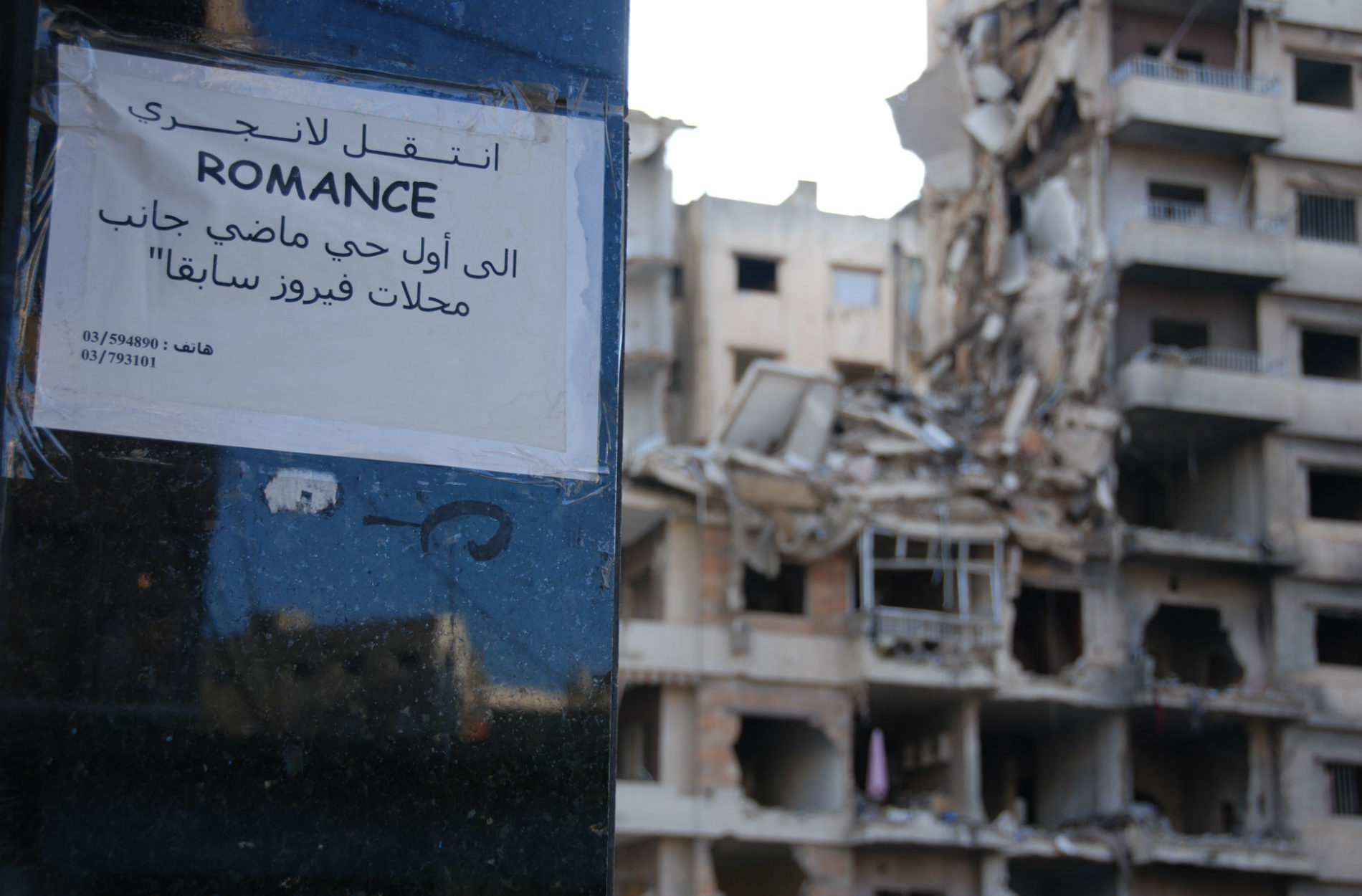How can we understand intractable conflicts? When the participants are caught in a mesh of violence that allows little if any dialogue, when an act of killing provokes more killing, are we only left with either the pessimism of despair or the optimism of hope? This week Lacuna begins to ask these questions by looking more intently at the conflict in Gaza and more generally the Middle East.
Michaela Whitten writes about her experiences in Palestine before the current upsurge in violence. Her diary entries reflect on the lives of those she encounters there. She observes some of their experiences and wonders what hope there may be for these people. But is despair the only rational response given the animosity and resistance symbolised by the Wall that splits communities and lives?
Christopher Davis takes up the theme but from long distance. He reviews the film Je Veux Voir and the writings of Raja Shehadeh together with a new collection of short stories The Book of Gaza to see what can be made of the conflict. To pick at the scabs of a conflict, encouraged by representations in writing or on film, is perhaps the commitment outsiders should embrace. But it is a duty that requires care and attention and time, which after all may not be too onerous an obligation given the stakes.
Writing from Lebanon, Marina Chamma links the suffering endured in her country during the First World War with the conflicts that persist today. Pessimism and optimism are in perpetual struggle for the people who will not give in but who see little security for their nation.
Photo by mohammed al-saber
